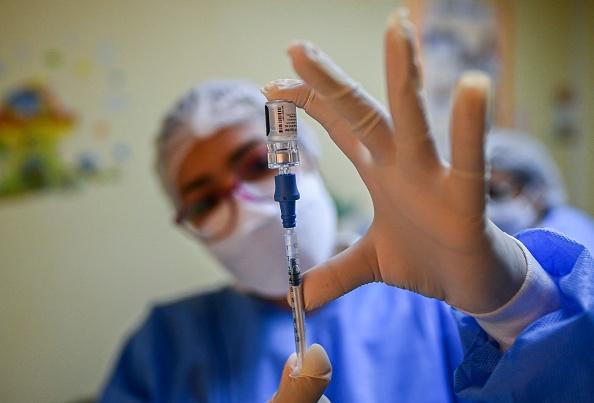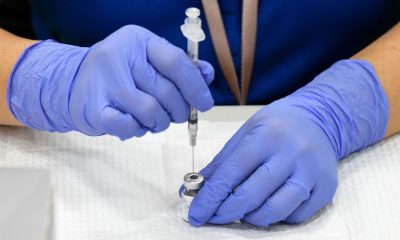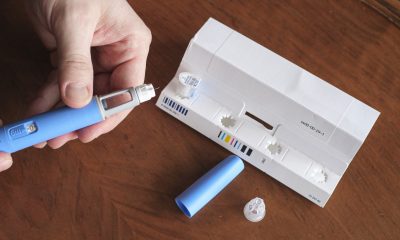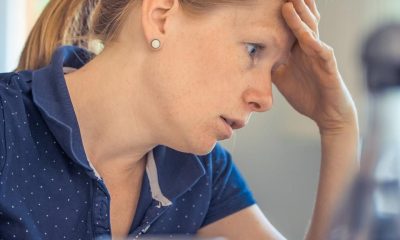The antiviral drug Paxlovid for COVID-19 may have given mankind the upper hand in the battle against the novel coronavirus, but it is not free from side effects. Some medical practitioners may be reluctant to tell patients about them. But here are what you need to know about the drug’s side effects.
The primary side effect of Paxlovid is the tendency of the antiviral to leave a metallic taste in the mouth after taking it. This is not a one-time thing since consumers have been reporting having the metallic taste remain for about five days before it goes away for good.
“Most people will have no side effects from the drug,” Dr. Wes Ely told USA Today before adding that for those who do, the side effect profile of Paxlovid is “extremely tolerable,” save for the taste. Ely is a critical care and pulmonary medicine expert at Vanderbilt University School of Medicine in Nashville.
Another side effect of Paxlovid is a phenomenon experts refer to as “rebound” Covid. This involves testing positive for the virus and developing signs and symptoms again two to eight days after recovery from the initial infection. The rebound condition typically lasts for about three days.
Last year, U.S. President Joe Biden, First Lady Jill Biden and even Dr. Anthony Fauci made the headlines for experiencing rebound Covid after taking Paxlovid for their COVID-19 infections.
“From the data we have so far, COVID-19 rebound is a relatively infrequent event — this is not happening the majority of the time. A small percentage of people with Covid-19 experience a rebound of symptoms, including those who take antiviral medication, such as Paxlovid,” a spokesperson for the Centers for Disease Control and Prevention (CDC) said at the time.
Fortunately, just like the first side effect, rebound Covid is something that does not apply to all users of Paxlovid. Pfizer clarified that based on its clinical trials, only 2% of the recipients of Paxlovid experience the mysterious phenomenon, which is almost always mild.
Paxlovid, made by Pfizer, is a combination of two drugs — nirmatrelvir and ritonavir. The former stops SARS-CoV-2 from replicating, while the latter boosts the activity of the former.
















